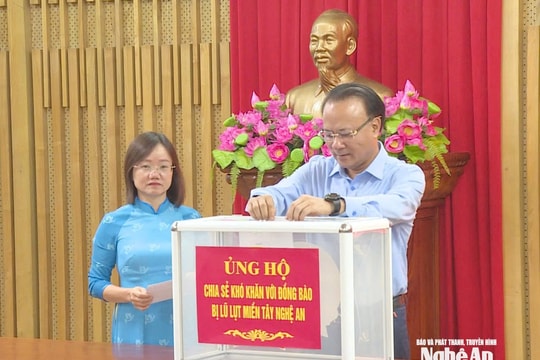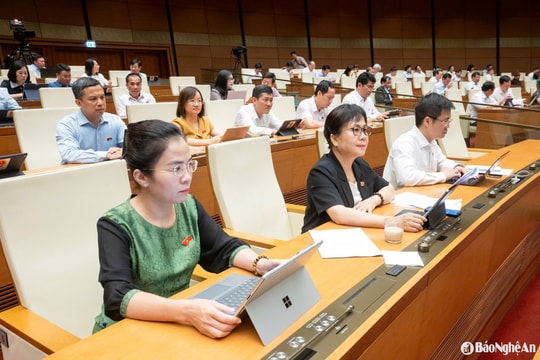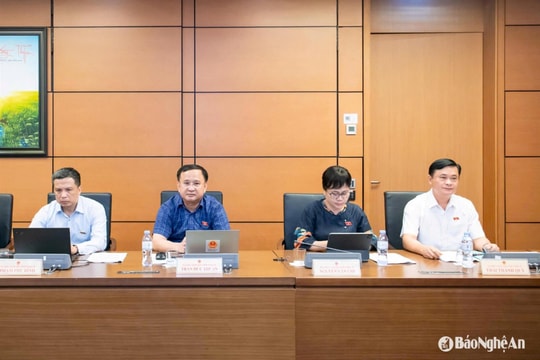National Assembly delegates warn of loopholes in the law and fragmentation of public investment projects
General regulations risk creating loopholes for large projects to circumvent the law, fragmenting public investment projects, affecting the effective use of the budget.
On the afternoon of November 16, National Assembly deputies discussed in the Hall the Draft Law on Public Investment (amended). Many opinions agreed with the view of the Finance and Budget Committee that it should not be revised comprehensively because the implementation process has encountered problems due to the provisions of the Law on Public Investment, but the main reason is that the organization implementing the Law is not strict. On the other hand, the new Law is effective for 3 years; the application period is too short, not enough to thoroughly summarize and accurately evaluate the effectiveness of the Law.
“The locality is not so bad that it cannot do it”
Delegate Bui Van Phuong - Deputy Head of the National Assembly Delegation of Ninh Binh province said that, within the legal framework, all are State budgets, but in the implementation process, the local budget for public investment decided by local authorities seems to have no problems, but the central budget allocated to localities is delayed. This is the root of the problem, not due to the Public Investment Law.
|
| National Assembly Delegate Bui Van Phuong. |
This delegate agrees with the viewpoint of amending regulations on procedures for approving and assigning annual medium-term public investment plans in the direction of gradually promoting decentralization and strengthening post-audit. This is the key to removing difficulties.
“Decentralization and delegation of power, I think localities are not so bad that they cannot do it” – Mr. Bui Van Phuong expressed his opinion, however, the design in the draft on submitting for approval and assigning the 5-year medium-term public investment plan has not yet demonstrated the above spirit.
Delegate Vu Thi Luu Mai (Hanoi Delegation) emphasized that the Law on Public Investment is the shortest-lived Law project because it has been in effect for only 3 years and has had to be amended and supplemented. The issue is not a comprehensive amendment or just amending and supplementing a few articles, but the important thing is to choose the truly necessary and urgent issues to include in the scope of amendment, absolutely not including in the draft Law provisions that have not been carefully evaluated.
According to Ms. Mai, the draft Law still lacks criteria for project selection, does not link resource allocation with output efficiency, and does not stipulate the direct responsibility of organizations and individuals for project efficiency, especially in cases of ineffective investment, causing loss and waste.
The current law allows for a 2-year extension of the disbursement period, which can be extended up to 5 years if necessary. According to the female delegate, this provision is one of the reasons for the slow progress of project implementation, increased interest rates, and is inconsistent with a number of other regulations. It should be revised to only allow a maximum extension of 2 years, and if not strictly implemented, the budget will be revoked.
The reasonable and necessary powers of the National Assembly should not be reduced.
Regarding the provision of “urgent public investment projects”, the Draft Law has expanded the scope too much compared to the current Law, leading to the abuse of this provision, increasing the number of urgent projects, not ensuring management requirements. Therefore, the examining agency proposed to keep it as the current Law.
Sharing the same view, delegate Mai Thi Anh Tuyet (An Giang Delegation) - Member of the National Assembly's Economic Committee emphasized that the conditions for deciding on investment policies play an important role in ensuring public investment is suitable for socio-economic development and promoting the efficiency of investment capital. However, the regulation that "urgent public investment projects" do not require investment policy decisions while the interpretation of the wording is too broad and "other emergency cases are prescribed by the Government".
|
| Delegate Mai Thi Anh Tuyet. |
“It is necessary to have criteria and principles for projects that do not require investment policies to be strict and transparent in managing investment capital. The regulations as drafted are too broad, creating loopholes for large-scale projects to circumvent the law” – Ms. Mai Thi Anh Tuyet emphasized and suggested specifying this type of project.
Regarding project classification, the Finance and Budget Committee proposed to clearly define the conditions of "importance and scale level".so that the project can be divided into component projects for compensation, resettlement, and site clearance. Regarding investment preparation, it is proposed not to separate it into "investment preparation projects" as in the Draft Law. Also considering that such a provision is too general, delegate Mai Thi Anh Tuyet noted that this is a loophole that leads to fragmentation of the project, causing lack of transparency and budget loss.
Delegate Hoang Quang Ham - Standing Member of the Finance and Budget Committee emphasized that the drafting committee's wish is to strongly decentralize and reduce investment procedures, but the design of many provisions of the Law does not meet that requirement.
According to Mr. Ham, if we really want to decentralize, we should give local authorities the right to decide on all the additional capital from the central government for the locality; the locality is responsible for using it effectively, for the right purpose and reporting back for control (post-audit); resolutely recover and handle responsibility if it is used for the wrong purpose. The Ministry of Planning and Investment should only participate in projects with 100% central capital./

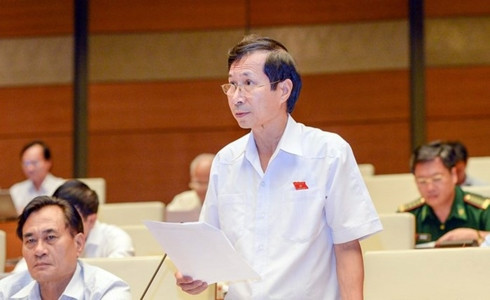
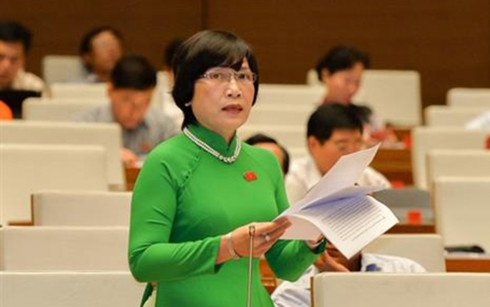
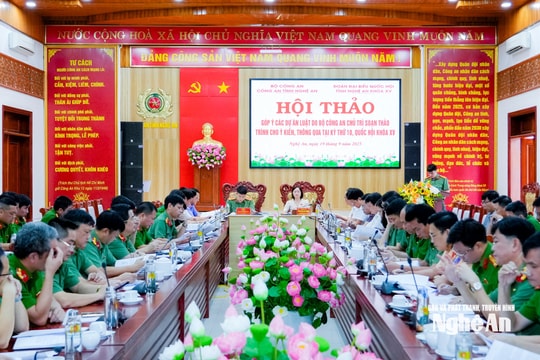
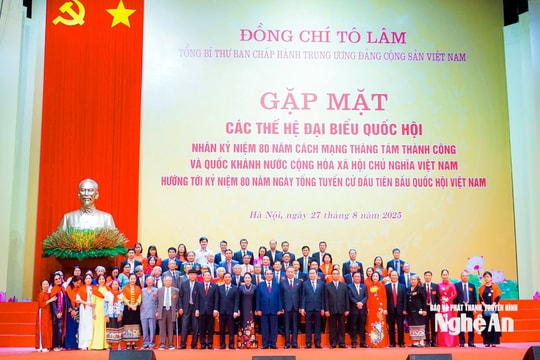
.jpg)
